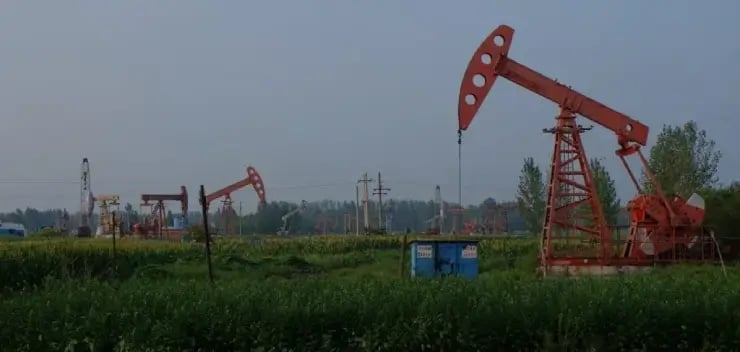Last week’s offering from this blog flew under the banner of “The Circular Economy” – a concept so broad that it might well have been labelled “sustainability”. Like sustainability, the idea of the circular economy is somewhat fuzzy, but its essence lays in the word “circular” – which requires that materials currently in circulation keep circulating. That way, the rate of raw material extraction (and waste generation) which is currently destroying the planet might fall.
The concept promises to transform our industrial metabolism by – among other things – harnessing ecodesign so that we might maintain our current lifestyles (which seem not to be up for negotiation) without committing ecocide. But can it keep its promise?
A sustainable circular economy aims to decouple resource use from economic activity, that is – use resources with increasing efficiency so that eventually, economic activity becomes unshackled from environmental harm. The utopians claim that one day the economy will come full circle and there will be good business in reversing previous harm.
The overarching goal – often referred to as dematerialization – requires a massive boost in resource efficiency (or resource productivity) because the rate at which we are currently extracting resources extends beyond the planet’s long term boundaries and so is unsustainable. In 2008 for example, 70 billion tonnes of raw materials – an average of ten tonnes each – were extracted globally.
The amount of resources used by a product, process or an economy might be thought of as its material footprint. At the product or process level we are fortunate to have such software as Umberto NXT Universal which uses lifecycle analysis to calculate the material efficiency of production processes and the material footprints of products. At the economy level, a material footprint is calculated from the material accounts, which when compared to GDP, provides a means to quantify how productively resources are being utilized.
At this point we might well reach back into the annals of classical economic thought for some context. In 1865, as Great Britain fretted over its reserves of coal, Stanley William Jevons prescientlyargued that it was “wholly a confusion of ideas to suppose that the economical use of a fuel is equivalent to a diminished consumption. The very contrary is the truth”. Indeed!
Jevon’s Paradox or the rebound effect, suggests that efficiency can ultimately lead to increased rather than decreased consumption. (Its implications are often explored in this blog – for example). This reminds us that product or process level efficiency improvements do not necessarily equate to systems level reductions in throughput – in the absence of specific mandates or some other means of locking in efficiency gains. Thus, although “efficiency” is often deified, it offers only a partial means of dealing with our present environmental miasma.
Therefore many governments – and indeed corporations – have developed policies specifically targeted at resource efficiency and woven them into the fabric of their other social, economic and environmental policies.
For instance the Roadmap to a Resource Efficient Europe is part of the “Europe 2020 strategy aiming to deliver smart, sustainable and inclusive growth”. It issues scorecards consisting of a set of 30 indicators as a way to gauge its progress towards its rather nebulous goals. The lead indicators are resource productivity and Domestic Material Consumption (DMC). DMC is “the total amount of materials directly used in the economy (used domestic extraction plus imports), minus the materials that are exported” while resource productivity is the ratio of GDP to DMC – expressed as €/kg.
DMC is perhaps a more revealing metric than resource productivity because it is a measure of absolute and not relative decoupling. Thus, it is a gauge of actual environmental degradation not just degradation relative to economic activity. Given that the EC working on a package of measures on resource efficiency and the circular economy to be published in the coming months, a coalition of green groups has in recent weeks suggested certain initiatives including a binding EU material reduction target based on total material consumption.
Next week we will ponder how ‘offshoring’ impacts resource consumption. We will see how the different experiences of China and Australia – one is a major consumer of raw materials, the other a producer – has shaped their respective resource efficiency policies.
Further reading: For some helpful notes on economy wide material flow based indicators see: http://www.materialflows.net/background/accounting/indicators-on-the-economy-wide-level/
Articel image by Dave Lisle: Central China 2012.





